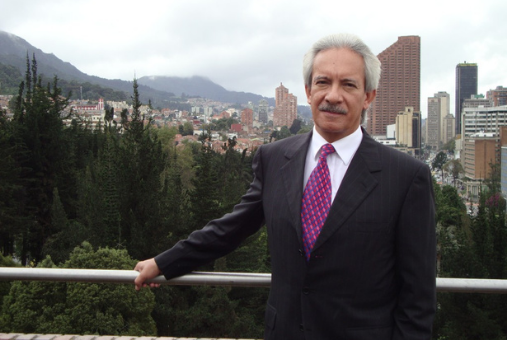
Guatemalan journalist José Rubén Zamora, director and founder of elPeriódico, publicly denounced what he said are actions of judicial harassment by the government against him and his media outlet due to their critical editorial line.

Latin America and the Caribbean recorded 123 homicides of journalists in the last five years. Mexico is the country with the most murdered communicators in the region and in the world, with 61 registered cases.
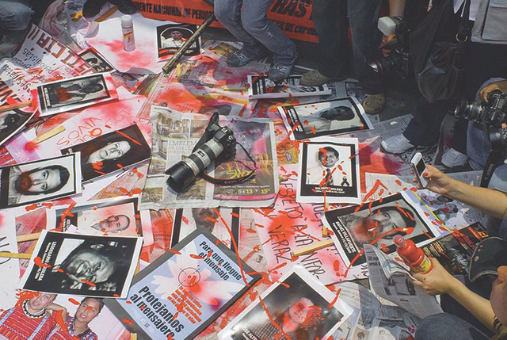
The Committee to Protect Journalists published the Global Impunity Index that lists the top 12 countries where perpetrators of crimes against journalists go free. Mexico and Brazil are the Latin American countries that made the ranking.
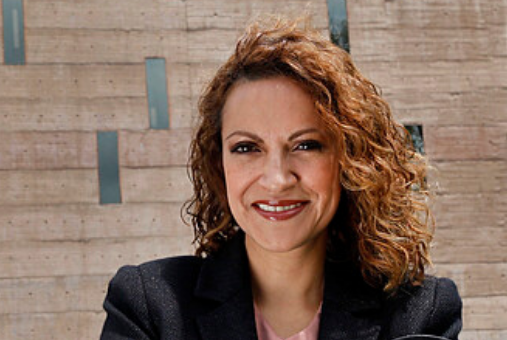
The Inter-American Court of Human Rights found that Colombia is responsible for the violation of several human rights of journalist Jineth Bedoya Lima as a result of the crime of which she was a victim in 2000.

Peruvian journalists from two media outlets are harassed and threatened online by supporters of radical ultra-right and anti-vaccine groups.

Professors Celeste González de Bustamante and Jeannine E. Relly, both from the University of Arizona School of Journalism, have spent the past ten years doing field research, traveling through Mexico and interviewing more than 100 people to analyze violence against the press.

A study by the NGO Reporters without Borders (RSF) and the Technology and Society Institute of Rio (ITS-Rio) shows that social media has become a hostile territory for the press in Brazil. In a three-month period, between March 14 and June 13, 2021, the researchers identified 498,693 attacks on journalists and the press in general in Brazil. A fifth of the total attacks came from accounts with a high probability of automated behavior, i.e., robots.
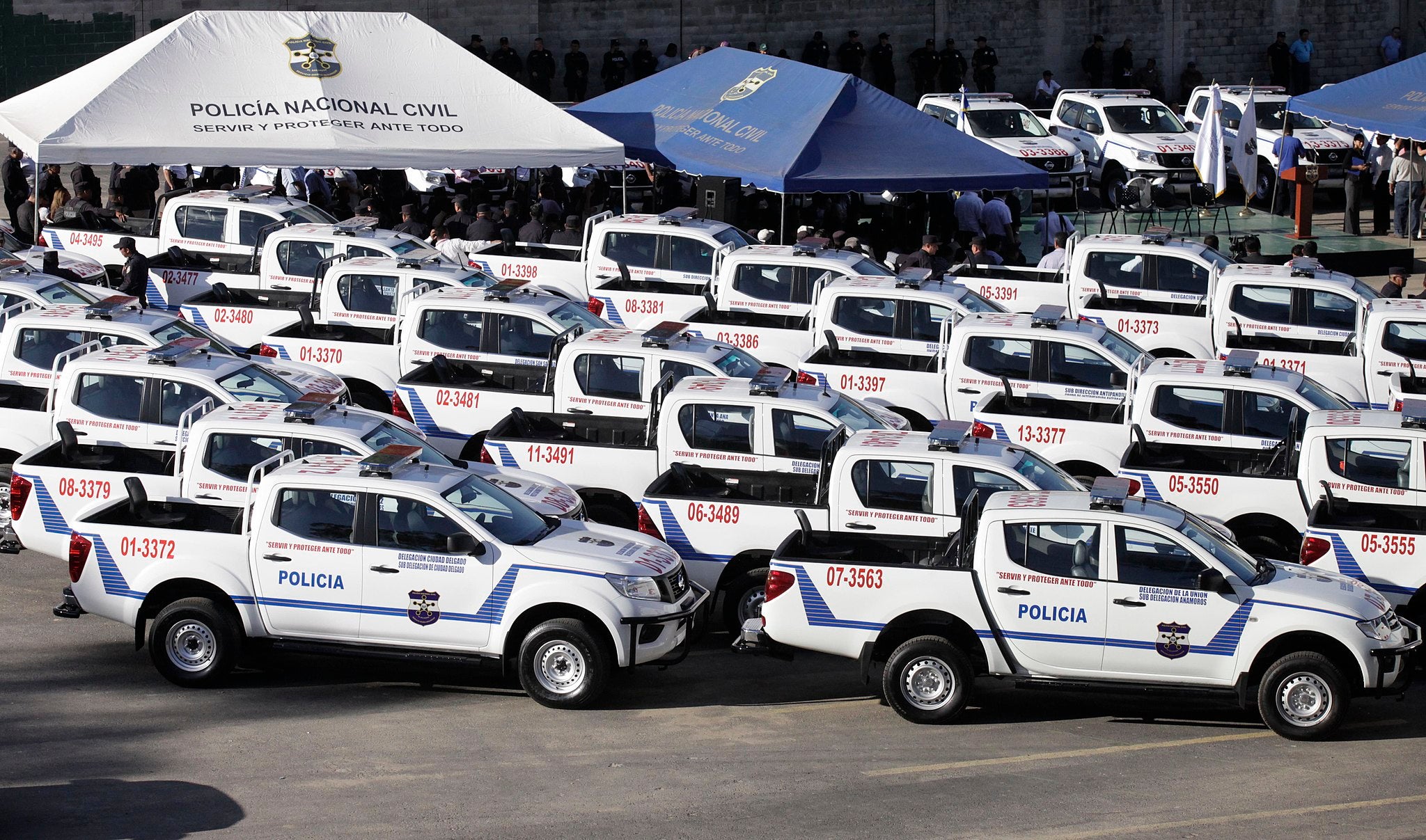
The year 2021 is shaping up to be one of the most violent and restrictive years against journalists in El Salvador, according to the Association of Journalists of El Salvador (APES, for its acronym in Spanish).
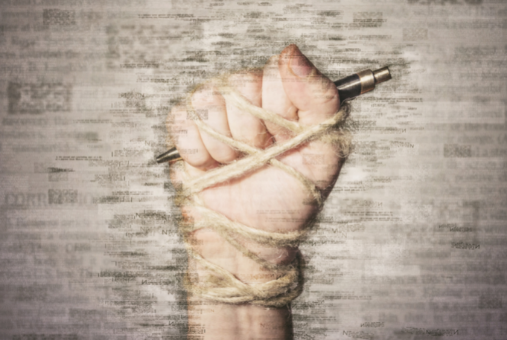
A recently published study revealed how journalists in Mexico and Brazil deal with the stress resulting from risky experiences in the profession, and how these experiences are connected to structural issues that affect the field of journalism.
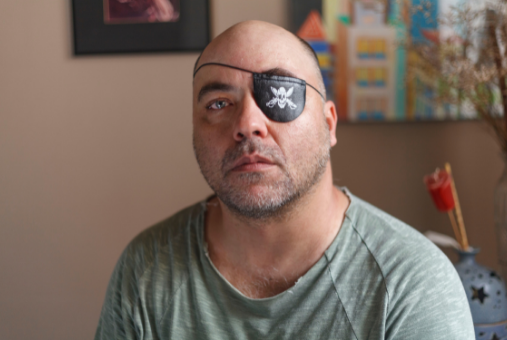
A decision by the Supreme Court of Brazil recognized the right to compensation in the case of a photojournalist who was blinded after being hit by a rubber bullet 21 years ago. The sentence potentially opens the door for other journalists who have been injured in similar situations and are fighting for their rights to be recognized.
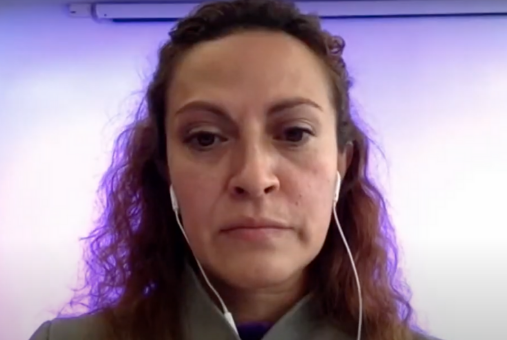
More than 20 years after journalist Jineth Bedoya was attacked, the Colombian State is judged by the Inter-American Court of Human Rights. National and international media are paying close attention to the court's decision due to its implications for freedom of expression and women journalists in the region.
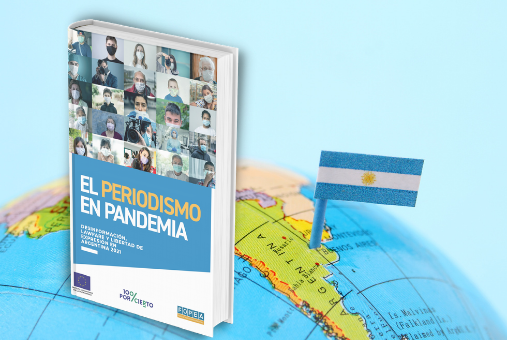
After two years of relative stability, attacks on journalists jumped 41 percent in Argentina last year and reached 82 incidents. In 2019, 58 attacks were recorded, while there were 51 in 2018. Data are from the 2020 Monitoring of Freedom of Expression Report, from the Forum of Argentine Journalists (FOPEA, for its acronym in Spanish).